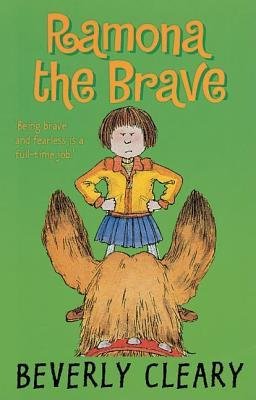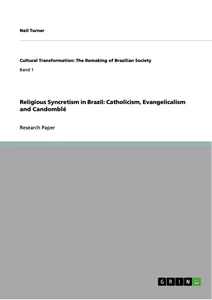


Is currently perceived as riskless enough for highly leveraged You predict that the next crisis is going to come in the investment that I said: "If you synthesize the best parts of Falkenstein and Redleaf, It's now out of print and only available used.

I am ruthless in my discards."Ĭategories of 2019 books read from biggest to smallest: economics/investing/business, biology/ecology/science, history, fiction, biography/autobiography, politics, self-help/how-to, literary nonfiction, geology, and cooking. I don’t mind disliking a book, and I never regret having picked it up and started it. I start ten or so books for every one I finish. This approach is basically what Tyler Cowen does: "Another way to read quickly is to cut bait on the losers. So the plan for 2020 reading is to get through that backlog, and to skip/skim books that aren't panning out in order to maintain the pace that is necessary to do it. Looking back at the 2018 Book Review Compendium, that year I read 113 books of which 48 were a 4/5 or higher - a better batting average. It would be better to only finish books that are likely to be a 4 or higher. Even the 3/5 books are somewhat of a waste of time.
#Bella fleace gave a party sparknotes plus#
If I read at the average 2018-2019 pace, that is more than a year's backlog plus twenty of them would be a waste of time. I have an unread book backlog of about 100 books. Of the 48 books I read in 2019, nine ended up being lower rated than 3/5. Who knows how much time you have left, or what awaits us tomorrow?" So that, as Seneca put it, the 'words become works.' There is an old saying that 'a scholar made is a soldier spoiled.' We want to be both soldiers and scholars-soldiers in the good fight. At some point, we must put our books aside and take action. "The purpose of all our reading and studying is to aid us in the pursuit of the good life (and death). In The Daily Stoic by (previously 1, 2, and especially this essay) he expands on a Marcus Aurelius observation by saying,


 0 kommentar(er)
0 kommentar(er)
